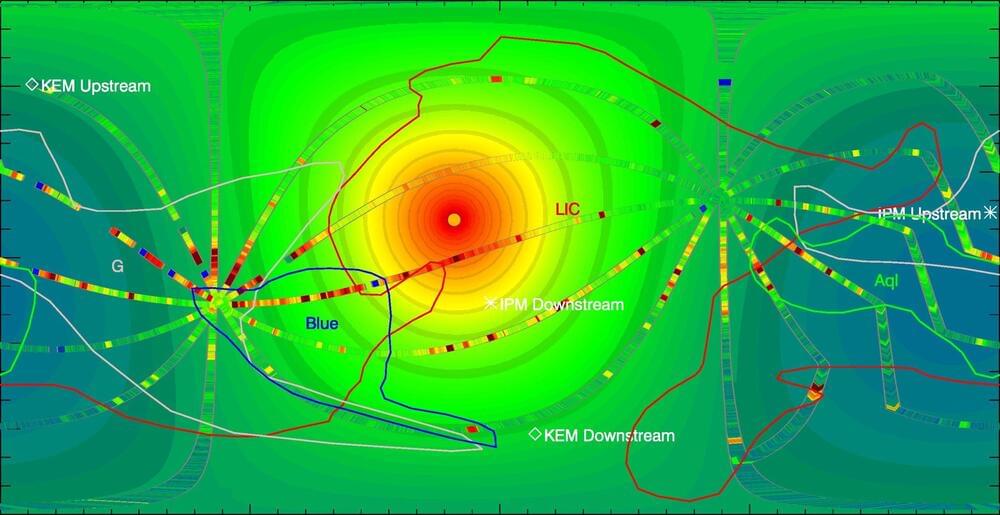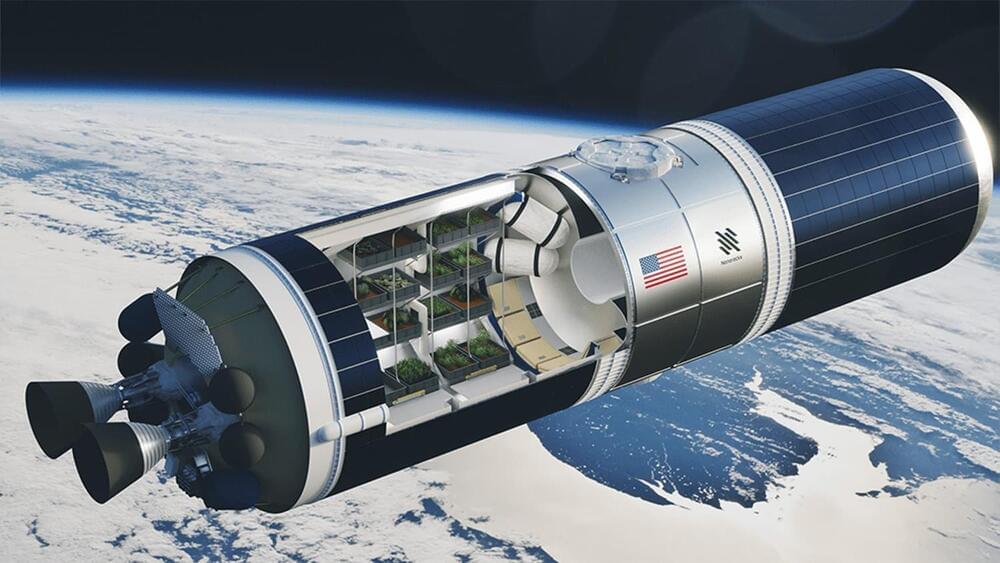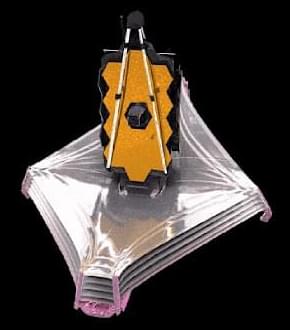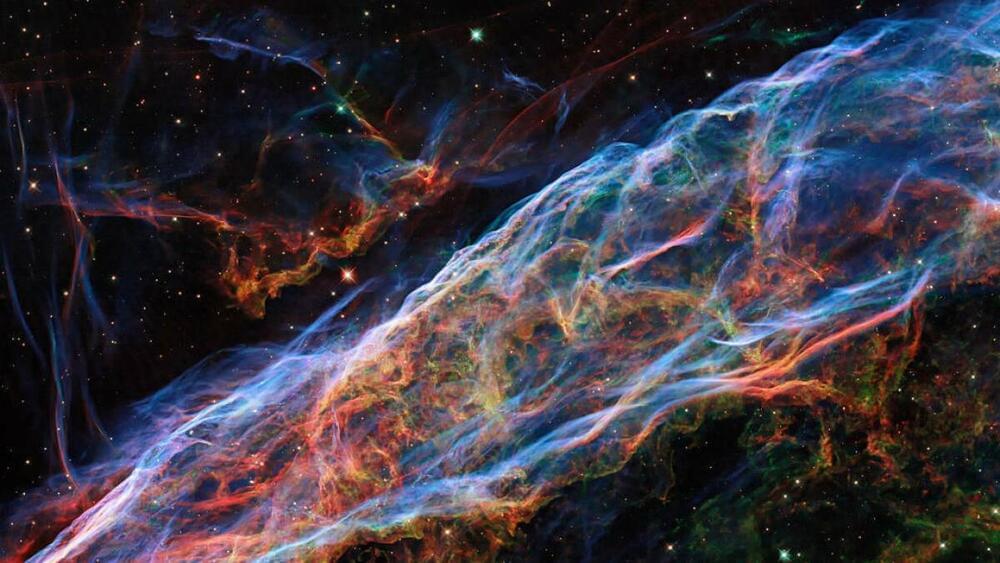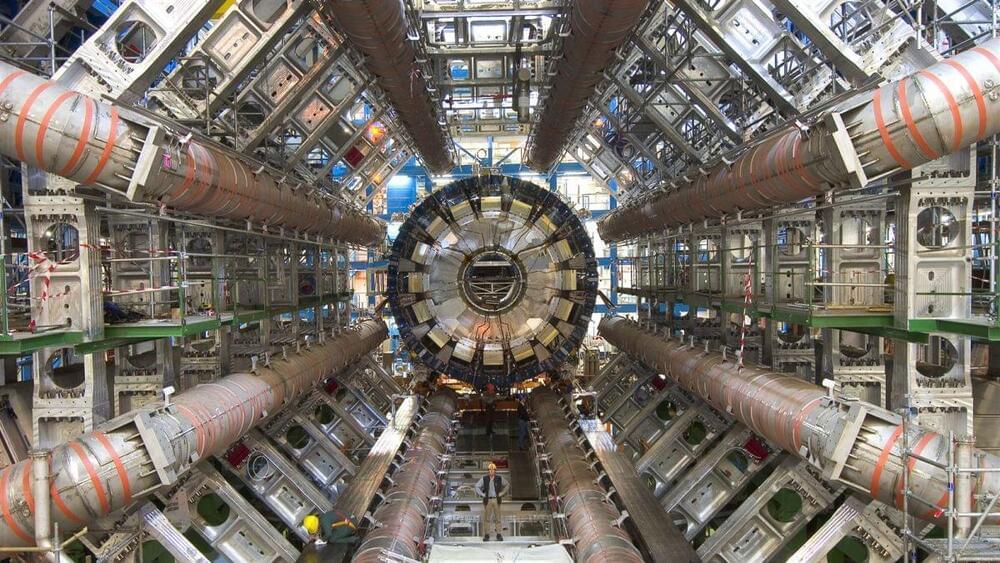Indeed, nothing like this has ever been attempted in space before ensuring that we hold our breaths each time the JWTS embarks on the next steps of its six-month journey to fully transform into its final configuration and begin its science mission. Now, NASA is reporting that the telescope just successfully completed another step in its impressive transformation.
“With the successful extension of Webb’s second sunshield mid-boom, the observatory has passed another critical deployment milestone. Webb’s sunshield now resembles its full, kite-shaped form in space,” said NASA in a statement.
